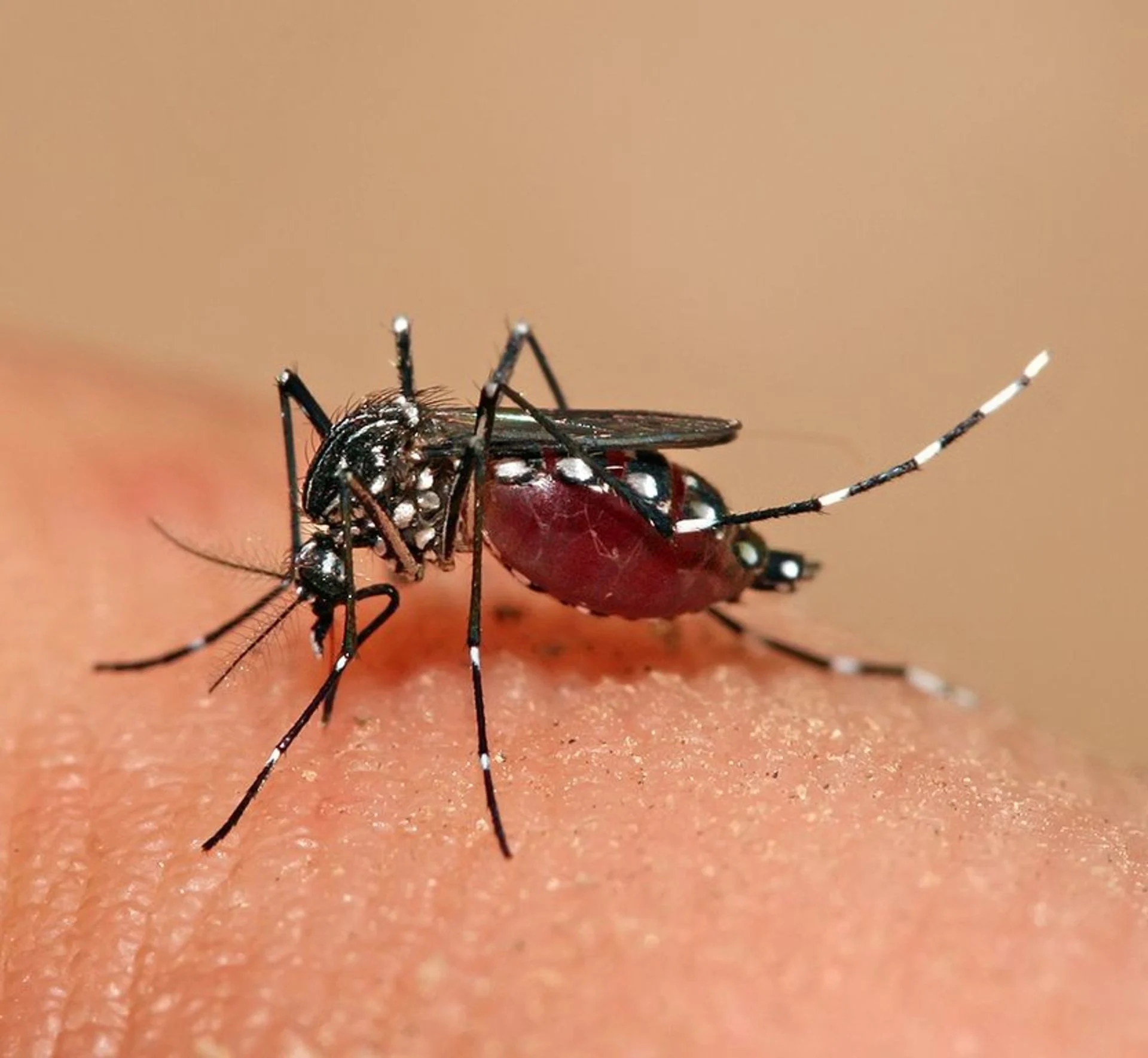
Mosquito-borne illnesses rise sharply in Cuba following Hurricane Melissa
There is no specific treatment for chikungunya.
Mosquito-borne illnesses like chikungunya and dengue are on the rise in Cuba following Hurricane Melissa.
By early November, nearly one-third of the population was affected with chikungunya, and “swaths of workers” were sickened, Reuters reported on November 13.
The disease is rarely fatal, but it can cause flu-like symptoms that persist for several weeks.
Mosquito-borne illnesses were already higher-than-usual in Cuba this year prior to Hurricane Melissa, but insufficient fumigation, a slow clearing of hurricane-related debris, and stagnant water from floods have created a breeding ground for Aedes Aegypti, the species of mosquito that can carry and transmit several diseases, including dengue, Zika, chikungunya, and yellow fever.
There is no specific treatment for chikungunya.

(CDC)
Officials step up fumigation along city streets
At a November 13 press conference, Francisco Duran, the national director of epidemiology at the Cuban Ministry of Public Health, told reporters that government officials are “working intensely” to fumigate and research medications and vaccines.
Duran said two clinical trials are underway to test an injectable drug that shows promise in treating chikungunya.
Fumigators have been seen on the streets of Havana, one of the hardest-hit cities, armed with fogging machines that will help curb the mosquito population.
Cuba Tourism Board announces enhanced health measures for tourists
On November 24, the Cuba Tourism Board announced enhanced safety measures that are being put into place to stop the spread of mosquito-borne illnesses.
“Cuban health authorities are working closely with the tourism sector to ensure visitors' safety,” reads the statement in part. Resources and initiatives allocated to tourist facilities include: Land and aerial fumigation, enhanced sanitation, waste management, intensified cleaning, and on-site medical professionals.
“Currently, there are no reported cases of Canadian visitors contracting the disease in Cuba,” the board says in its statement.
“...As with travel to any humid, tropical Caribbean destination, it is recommended that travellers carry personal preventative measures. Visitors should consider bringing products such as insect repellent to reduce the risk of mosquito bites.”
Jamaica deals with its own Hurricane-related outbreak
Earlier this month, Jamaica declared an outbreak of the bacterial disease leptospirosis, just a month after Hurricane Melissa broke records when it hit the nation as a Category 5 storm.
Jamaica’s Minister of Health and Wellness, Dr. the Hon. Christopher Tufton, confirmed the outbreak via a virtual press conference on November 21.
Dr. Tufton said at least nine cases were confirmed between Oct. 30 and Nov. 20, with 28 additional suspected cases. At least six deaths have been linked to the blood infection.
When Hurricane Melissa hit in late October, it caused widespread flooding and landslides. In the aftermath, water lay stagnant, creating the perfect conditions for disease formation.
“The outbreak follows the passage of the storm, which has created conditions that have increased the risk of exposure to contaminated water and soil,” Dr. Tufton told reporters.
According to Health Canada, leptospirosis is spread through contact with water or soil contaminated by the urine of infected animals. It can enter the human body through cuts in the skin, as well as through the eyes, nose, and mouth.
Header image: Aedes mosquito (Wikimedia Commons/Muhammad Mahdi Karim/GFDL 1.2)
